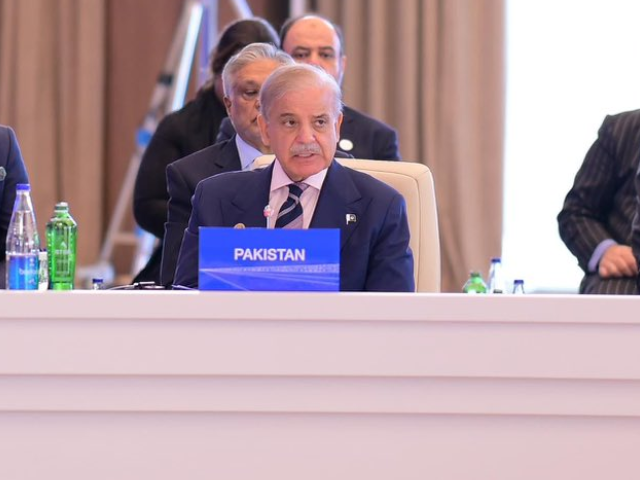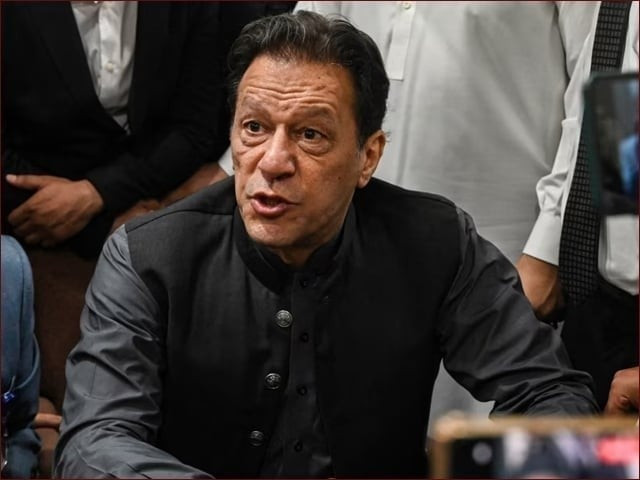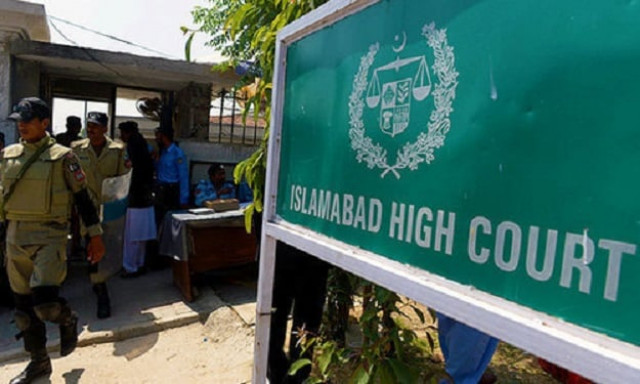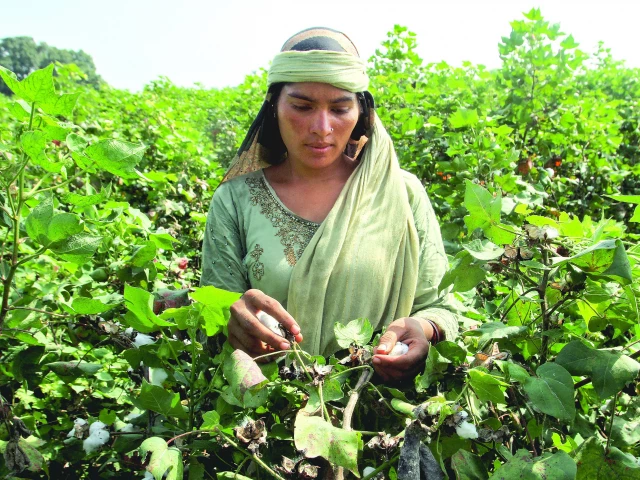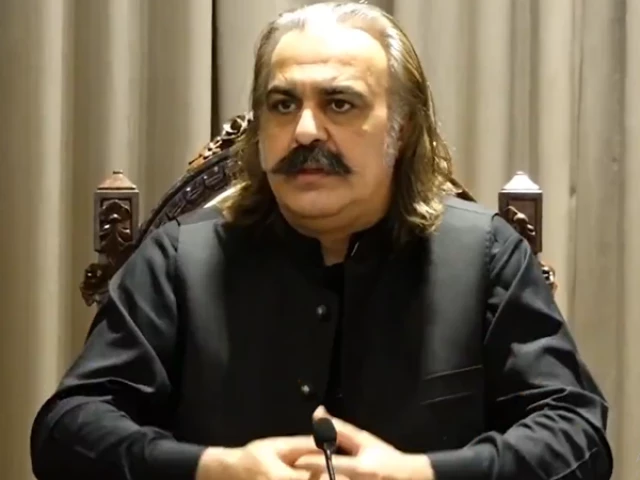Understanding the Current Water Conflict Between India and Pakistan
In recent weeks, tensions have heightened between India and Pakistan, primarily due to India’s alleged weaponization of water resources. Prime Minister Shehbaz Sharif of Pakistan has labeled this as a “new and alarming trend,” urging the global community to recognize it as an act of aggression. This issue isn’t just political; it directly affects millions of people who rely on the Indus River system for their daily needs.
At the 17th Economic Cooperation Organization (ECO) Summit in Azerbaijan, PM Sharif discussed the ramifications of India’s actions, including its unilateral steps to suspend the Indus Waters Treaty. This treaty, mediated by the World Bank, is crucial for water-sharing between the two nations. Sharif’s remarks came on the heels of a series of aggressive military escalations and rising tensions following an April attack that left 26 people dead in Pahalgam, which Pakistan vehemently denies orchestrating.
The crisis escalated in May when missile strikes targeted regions in Punjab and Azad Jammu and Kashmir, resulting in significant civilian casualties. Following these conflicts, a U.S.-brokered ceasefire was established on May 10, signaling an urgent need for dialogue and resolution.
Aside from the immediate effects of this geopolitical conflict, there’s also a pressing concern regarding climate change. PM Sharif highlighted the impact of last year’s devastating floods, which displaced over 33 million people and incurred economic losses exceeding $30 billion. He called for collaboration among regional partners to devise strategies to combat climate risks, establish low-emission transport corridors, and create systems for disaster resilience.
While the discourse primarily focuses on military and economic issues, the humanitarian aspect cannot be overlooked. The waters of the Indus are vital to the sustenance of Pakistan’s 240 million citizens. As PM Sharif stressed, it is imperative that the international community remains vigilant and advocates for equitable water sharing to prevent further escalation and hardship.
It’s clear that the path forward must involve more than just diplomatic engagements; it will require collective action and cooperation among neighboring countries. As we navigate these complexities, staying informed and engaged is vital. For more resources and insights on regional cooperation and more, consider connecting with Pro21st. Together, we can foster a deeper understanding and encourage meaningful dialogue in these challenging times.
At Pro21st, we believe in sharing updates that matter.
Stay connected for more real conversations, fresh insights, and 21st-century perspectives.

